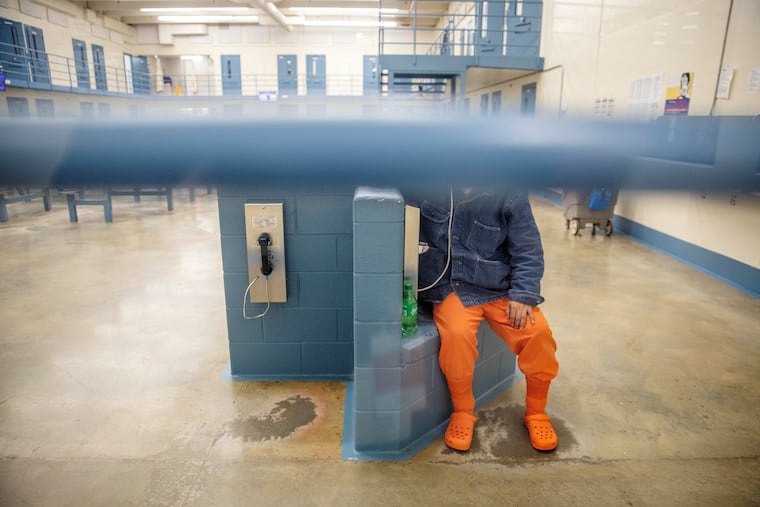Right to speedy trial suspended for a year in U.S. border court
The right to a speedy criminal trial was suspended for a year in federal courts along California’s Mexican border to avoid spreading the coronavirus, meaning a growing number immigration detainees may be locked up longer — and exposed to the virus.

The right to a speedy criminal trial was suspended for a year in federal courts along California’s Mexican border to avoid spreading the coronavirus, meaning a growing number immigration detainees may be locked up longer — and exposed to the virus.
The 9th Circuit Court of Appeals in San Francisco extended an earlier one-month emergency declaration for federal courts in San Diego and Imperial counties by a year to April 17, 2021, according to an order posted on the circuit’s website Friday. The court’s judicial council cited public-health concerns and governments declaring states of emergency.
The order suspends the federal Speedy Trial Act, which means anyone facing criminal charges will have to wait longer to exercise their constitutional right to a jury trial — including defendants already in custody. In San Diego and Imperial counties, a significant share of those federal cases involves immigration, drugs and U.S. Customs offenses, the council said.
The Southern District of California is essentially a “border court,” and it has been heavily affected by the Trump Administration’s April 2018 order, dubbed Operation Streamline, to bring criminal charges against every immigrant without documentation, Chief Judge Larry Burns said in ordering the initial one-month delay on March 17.
Judges in the Southern District of California have been overwhelmed. The district ranks fifth in the U.S. for new felony cases and last year handled 9,795 civil and criminal cases, according to the 9th Circuit. It’s normally considered an emergency if the average caseload of a judge reaches 600, but those in the border counties are handling 999 on average, the judicial panel said.
The 9th Circuit also expressed concern over five judicial vacancies on the southern district court, which may take longer to fill because of the virus outbreak. In addition, measures imposed by local and federal authorities to protect public safety are hampering the ability to convene jury trials, the panel said.
“The court cannot feasibly sustain compliance with the Speedy Trial Act deadlines given the high number of criminal defendants processed daily,” Burns wrote. “The sheer volume of Operation Streamline cases makes it impossible to promote the safety of the court and defendants while abiding by the current small-gathering and physical-distancing guidelines.”
Delaying trials for more than a year is “unprecedented” and “caused in large part by the Department of Justice’s political decision to charge immigration offenses criminally, instead of handling them in Immigration Court or releasing those who are apprehended back into Mexico,” said Neama Rahmani, a former federal prosecutor in San Diego who’s now in private practice.
Immigrants are being held in prison with inmates in close quarters, creating increased risk of spreading the coronavirus, Rahmani said.
“The Trump administration and U.S. Senate have been similarly unhelpful, failing to appoint and confirm judges to handle the influx of new cases near the border,” Rahmani said.
Amid the pandemic, the administration has already enacted emergency moves, including canceling deportation hearings for immigrants who aren’t in detention and suspending in-person interviews for legal immigration applicants.